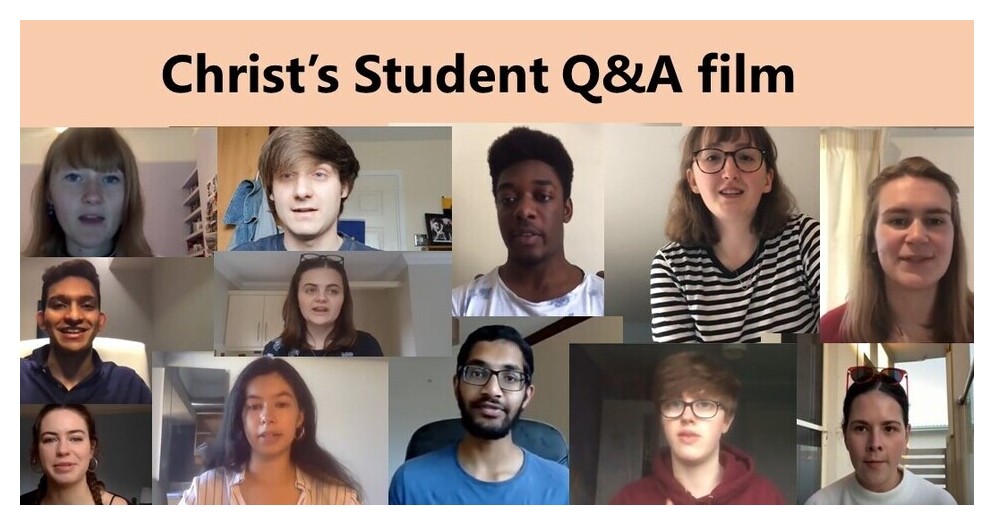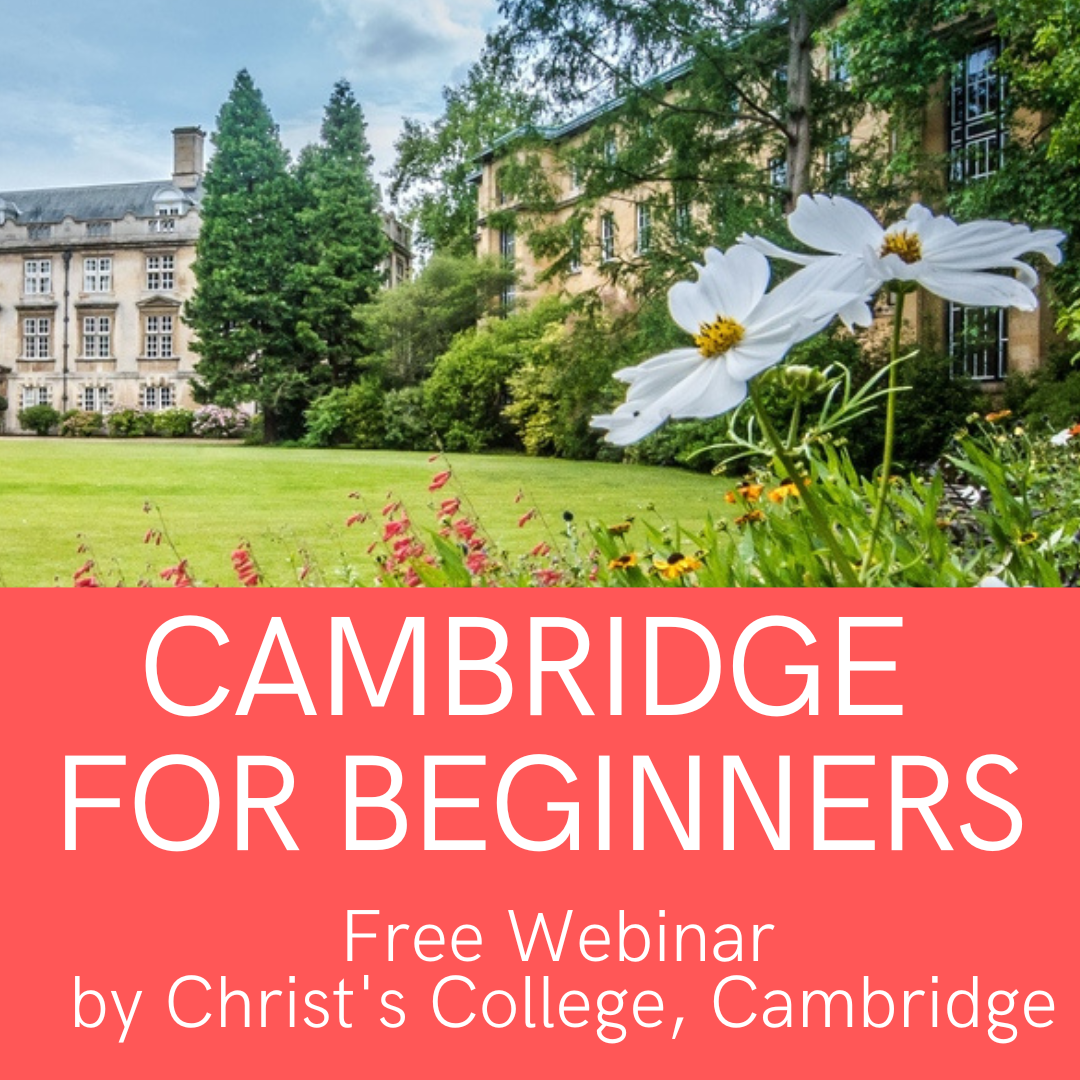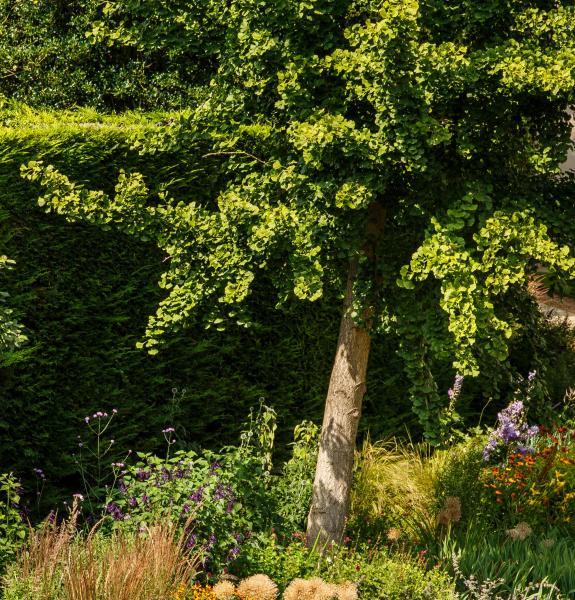This Cambridge degree is supported by excellent teachers and resources, including two dedicated subject libraries and the city's Museum of Archaeology and Anthropology. On this course you develop attributes desired by all kinds of employers: analytical and critical skills, intellectual versatility, multicultural sensitivity and an international outlook.
Recent graduates have gone on to careers in research (both academic and policy research), Civil Service (including Foreign Office), journalism, management consultancy, museums, conservation and heritage management, national and international NGOs and development agencies, the law, teaching, publishing, health management and PR.
What makes this three-year degree (or 'tripos') so flexible is that you can pursue your own interests by choosing to follow different tracks through the course.
Please visit the University website for full details of the Human, Social and Political Sciences course content and structure, including the course film. You will also find information on the HSPS Tripos course page. If you have further questions about course content, please contact enquiries@hsps.cam.ac.uk.
Teaching is in lectures and seminars at the University. Some subjects also include practical or laboratory classes and fieldwork. You also have weekly ‘supervisions’ – small group teaching sessions organised by your Director of Studies to provide personalised feedback on your work. Christ’s Directors of Studies on this course are:
- Professor Susan Bayly Social Anthropologist whose research focuses on colonialism and its cultural afterlife in Asia's former French and British colonies
- Professor Duncan Bell Specialist in history of modern political thought and contemporary (international) political theory
Other Fellows in HSPS:
- Professor Sarah Franklin a world-leading expert on the social aspects of reproductive and genetic technologies, IVF, cloning, embryo research, and stem cells
- Dr Geoffrey Ingham University Emeritus Reader in Sociology and Political Economy
- Professor Giovanni Mantilla interested in international relations theory and the history of international law
- Dr Rosie Jones McVey is a social anthropologist with research interests in the anthropology of ethics, human/animal relations, and cognition
- Mr Benjamin Tan is interested in political theory and the history of political thought
Ana-Maria, Lizzie, Roslynn, Jack, Diana, Rufus and Fred have all studied Human, Social and Political Sciences (HSPS) here at Christ's College. They have written about their experiences of studying HSPS in their student profiles:
Ana-Maria's profile
Lizzie's profile
Roslynn's profile
Jack's profile
Diana's profile
Rufus's profile
Fred's profile
If you would like to hear more from Christ's students, please watch the Christ's student Q&A film, and visit our Student Profiles page.

I knew I wanted to do something in the humanities, and HSPS seemed like a suitable combination of multiple things I was interested in—geopolitics, sociology, international relations, and more. I particularly liked that I’d be able to specialize in my later years, after exploring a few different options in the humanities.
How to apply to Christ's College
Visit How to Apply for full details and a timeline of the application process. We welcome applicants from all backgrounds and school types, all over the world. If you're applying from outside the UK, please read our international students section.
There is no Admissions Assessment for Human, Social and Political Sciences.
There are no required subjects for HSPS. Useful subjects to take at A-level, IB Higher, Scottish Advanced Higher or equivalent include essay-based subjects such as English (language or literature) and History, Social Science subjects such as Sociology and/or Languages (ancient or modern). It can help if your subjects relate to the course you hope to specialise in. For example, if you're interested in Social Anthropology, take History or Sociology. That said, most subjects are relevant and we welcome a mix of science and arts subjects.
We encourage students to attend one of our regular Subject Matters webinars for help with choosing Post-16 subjects for competitive university applications. This webinar is pitched for students aged 14-16 though it is also possible to attend when you have started sixth form.
After we receive your application, we ask you to send us two essays you feel accurately reflect your abilities and interests. One should be work written during the normal course of your studies and already marked by a teacher. The other should have been written under timed conditions. We recommend you keep a copy for your own reference, as we may discuss them at interview.
We publish full guidelines on written work in the Current Applicants section on 20 September each year.
If we select you for interviews, these usually take place in early December. At Christ's we continue do all of our interviews online on Microsoft Teams. You can have your interviews either at home (most applicants do this) or at school (if easier). Those invited for Cambridge interviews are normally interviewed for 35-50 minutes in total. At Christ’s, we usually split the time into two interviews with academics in Human, Social and Political Sciences.
Further, more general information about interviews (including two useful films) is available in the Cambridge interviews section, and it's worth also having a look at supervisions (short film here), as interviews are similar to what you do every week as a Cambridge student.
There is no written assessment for HSPS at Christ's College.
At Christ's we don't have fixed quotas for places. In HSPS we admit 4 to 6 students each year.
We define the terms of each offer individually but our typical conditional offer is:
> A*AA at A-level
> 42 points overall in the International Baccalaureate with 7,7,6 in Higher Level subjects
> A1, A2, A2 in three Scottish Advanced Highers
You need to be academically ambitious: the majority of Christ's students arrive with higher grades than are required.
If you're taking another qualification, we expect you to be working at or close to the top of the mark range i.e.
> Baccalauréat français international (BFI): 17 (mention très bien) out of 20 overall, with a minimum of 17 in individual subjects
> European Baccalaureate: at least 85% overall, with 9/10 in relevant subjects
You can look up other qualifications in the offer levels for other exam systems and international entry requirements, and if you are applying from outside the UK please read the Christ's international students section for further information and check the country pages.
If you will have finished school when you apply, please also read about post-qualification applications, taking a gap year, and, if relevant, applying from a university.
| Introductory reading list | This list is designed to give you a brief introduction to any of the subjects in HSPS, to help you find out more about what you might like to study. It can be used to prepare for interview, but is not required reading. |
| What is Social Anthropology? | An introduction from the Department of Social Anthropology |
| The Cambridge Social Anthropology podcast | Cambridge podcast on social anthropology |
| Annual Public Policy Lecture | Cambridge Public Policy Lecture |
| An introduction to International Relations | Cambridge Subject Masterclass talk |
| What we learned from the 2019 election | Cambridge Subject Masterclass talk |
| Student views and sample lecture | From the Department of Politics and International Studies |
| Thinking Allowed | BBC Radio 4 Sociology series |
| Student testimonals | From the department of Sociology |
| Discover Anthropology | Royal Anthropological Institute website |
| HE+ Politics HE+ Sociology HE+Anthropology | Resources for secondary school students who would like to explore. |
UK Parliament | See short films How does UK parliament work? and What is the House of Commons? as well as the UK Parliament channel on Youtube. |
| Essay Competitions | Entering an essay competition is a good way to find out more about a relevant topic and get some extra practice in writing a convincing and well-structured essay. Orwell Youth Prize, Trinity College R.A. Butler Politics Prize, British Sociological Association Competition |
| Model United Nations | Exercises developing public speaking and negotiation skills as well as knowledge of current affairs. |
| CamGuides | Introducing the academic and information skills that you will need during your studies, as well as how and where you would be working |
There is good advice and support directly from Christ's (look at the info about the current students section or email Christ's Admissions team)
Events (online / in-person)

Our open days and events page advertises regular online opportunities as well as events you can attend in Cambridge. Between February and August we run regular webinars:
> Subject Matters: The importance of post-16 subject choices
> Cambridge for Beginners
> Understanding Student Finance
> Personal Statements and preparing for an application
> Webinars for applicants outside the UK
For HSPS, see in particular
> College Open Days
> Christ's Online Subject Meetings in May
> Cambridge SU Shadowing Scheme (eligibility criteria apply)
> Experience Christ's Summer School (eligibility criteria apply)
> Sutton Trust Summer School (eligibility criteria apply)
For more detail of what the course involves, read Undergraduate Human, Social & Political Sciences (HSPS) admissions on the University website and look at the HSPS Faculty information for prospective students too.
If you have any queries, please contact us at admissions@christs.cam.ac.uk and we'll be glad to help.


